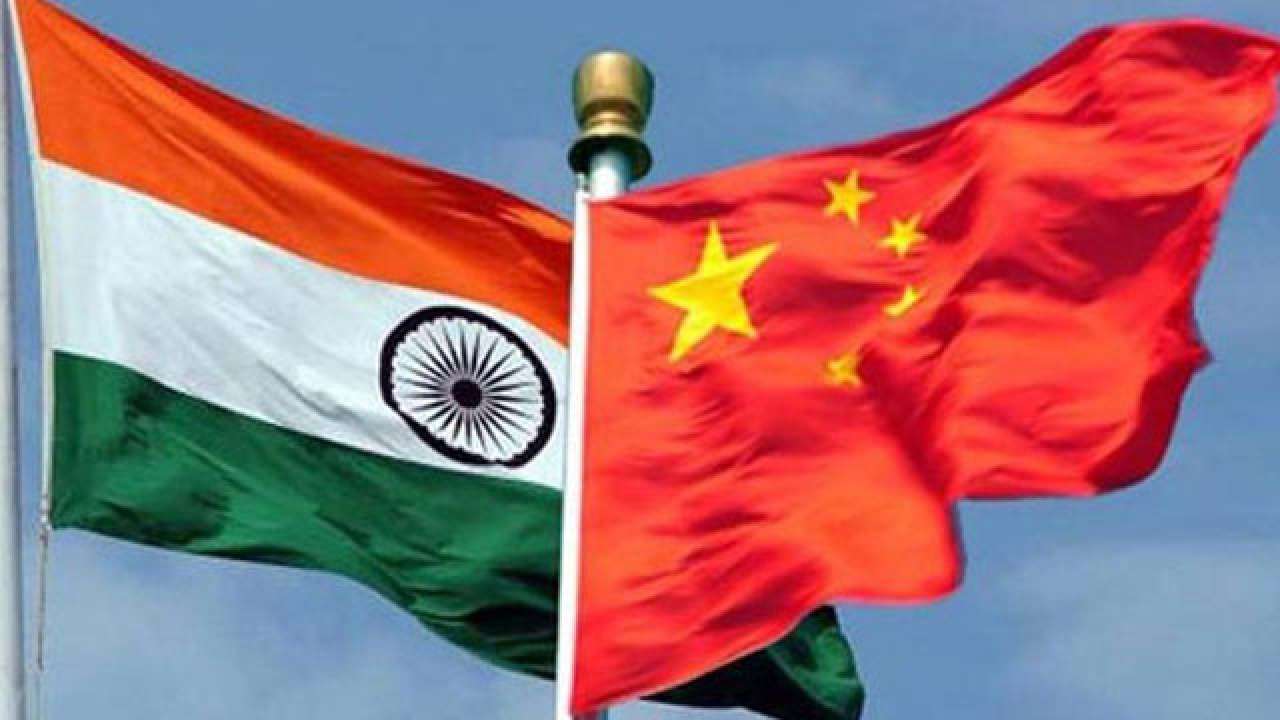
If there is one sore point with China’s multi-trillion dollar project, Belt and Road Initiative (BRI), it is India’s non-participation in it. It came to the fore again this week when China on Monday played down India’s reported plan to boycott the upcoming Second Belt and Road Forum (BRF), saying India may have misunderstood the BRI and suggested that New Delhi “wait and see” before taking a decision. The BRI, launched by President Xi Jinping, when he came to power in 2013, is infrastructure-savvy China’s dream project, also the Chinese President’s apple of the eye. Under the BRI, which has three major components, infrastructure, trade and investment and industrial capacity cooperation- a series of infrastructure projects will be launched across Asia, Europe and Africa. It aims to link Southeast Asia, Central Asia, the Gulf region, Africa and Europe with a network of land and sea routes. China is expected to hold the Second BRF meeting from April 25 to 27 at Beijing. Officials of over 100 countries, besides 40 government leaders, have reportedly agreed to take part in the meeting.
The Chinese foreign ministry was quoted as saying that “the BRI is an open and inclusive economic cooperation initiative. It does not involve territorial and maritime disputes.” India protested to China and boycotted the first BRF held in 2017. For New Delhi, participating in the BRI becomes a question of sovereignty, as a substantial part of the project passes through Pakistan-Occupied Kashmir (PoK). At several meetings in the last few years, India has expressed its inability to participate in this fancy infrastructural project because it encroaches upon bonafide Indian territory. India considers PoK as its own land under the illegal occupation of Pakistan. As such, the Indian government led by Prime Minister Narendra Modi and earlier Manmohan Singh, could not have possibly compromised on matters related to sovereignty, making her participation in the BRI nearly impossible. An integral part of BRI is the China-Pakistan Economic Corridor (CPEC), which makes Beijing an active player in the Indian sub-continent.
According to reports, China has deployed around 30,000 security personnel to protect projects under development along on the CPEC route. Interestingly, the reasons for which India has declined to participate in the event are similar to what China has posited on the question of territorial integrity. It has refused to buckle down under international pressure over the disputed South China Sea islands. When Xi Jinping came to power in 2012, he had hinted not to sacrifice the ‘core interests’ of China for developmental interests. The other issue – which appears relatively minor at the moment - is India’s concern about the evolution of BRI. India maintains that mutual agreements on infrastructure projects should be transparent and debt repayments need to be made easier for recipient countries. What is important is that China claims it is more than willing to address India’s concerns over BRI. In the past, Indian officials have been briefed by China on the BRI initiative. Beijing has been quick to point out that despite differences over some issues, China always attends India-hosted meets like ‘Heart of Asia.’